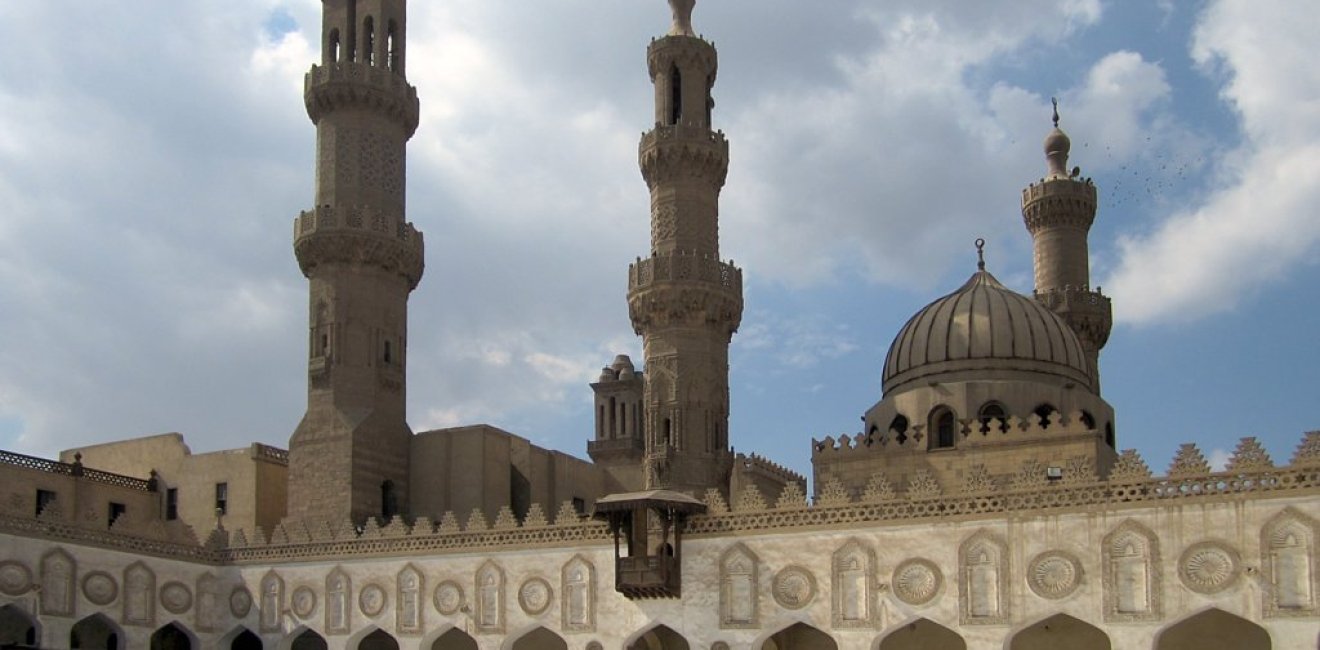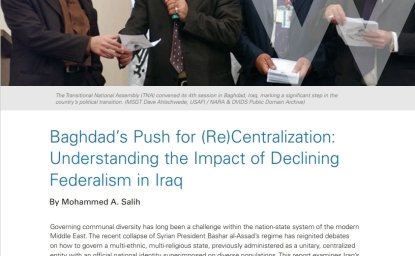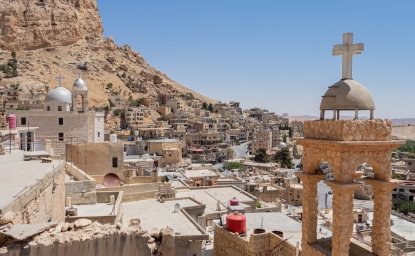In the last third of the twentieth century, many Egyptians turned more toward religion in all kinds of ways, ranging from study circles and charity to following popular preachers. By the early 21st century, much of the trend was taking on a political face. In the early 21st century, the trend had a significant political face. Although many religious groups eschewed politics and a few inclined toward radical action, one sector sought to influence public life through the political process by running in elections, advocating new laws and policies, and organizing supporters.
The Muslim Brotherhood was at the center of that effort. The Brotherhood, or Ikhwan, was not founded as a political party because it did not want to be confined to the electoral realm. But as an organization, it became adapt at playing politics and securing gains by acting like one.
In 2011 and 2012, after the Arab uprisings and the resignation of President Hosni Mubarak, the political path suddenly appeared wide open. The Brotherhood, after only a moment of hesitation, rushed in. By the first half of 2013, it held the presidency and prepared for parliamentary elections; it also sought to find ways to manage state institutions and develop a legislative agenda consistent with its own platform.
But in the summer of 2013, President Mohamed Morsi, a Brotherhood leader, was violently evicted from power by the military. It was a trauma for Islamists and for Egyptian society, and the wounds had still not healed seven years later. But Islamists clearly lost more than the presidency.
First, the political path is simply blocked for now. The uneven but remarkable rise of Islamist electoral movements is nearly completely over.
Second, options to organize society in other ways are diminished. Public activities are now sharply policed; charitable societies have been closed, mosques are more tightly monitored, many people have been arrested or are under surveillance.
Third, organizations like the Brotherhood that straddled the political, religious, and social arenas are in virtual hibernation. Their leaders and members have been imprisoned or forced into exile. Recruiting new members is virtually impossible. And factions have been reduced to bickering. The leadership has been largely quietly persisting in an effort to preserve the shell of the organization for a later date.
Fourth, rebellion is still possible, but only on the margins of Egyptian society, such as the ISIS insurgency in the Sinai Peninsula. But it has provoked a harsh response from the government.
On top of all these difficulties is a nagging fear among Islamists that religiosity in general may be in retreat. At the same time, opponents of Islamist movement may be mistaking mild declines in public signs of piety with any real changes in people’s faith or hearts.
Islamism in Egypt has been dealt a blow, but it is not yet clear if it is fatal. Questions about whether Islamist movements re-emerge—and in what form—may not be answered until the decade or two to come. Many Islamists have always proclaimed that their project is generational in nature. The discovery that they are correct has been a bitter one.
Author

Professor of Political Science and International Affairs, George Washington University Nonresident Senior Fellow, Carnegie Endowment for International Peace

The Islamists
Learn more about Hamas and how it relates to similarly aligned organizations throughout the region. Read more

Explore More
Browse Insights & Analysis
Who Owns Tradition? Ukraine’s Church Controversy





